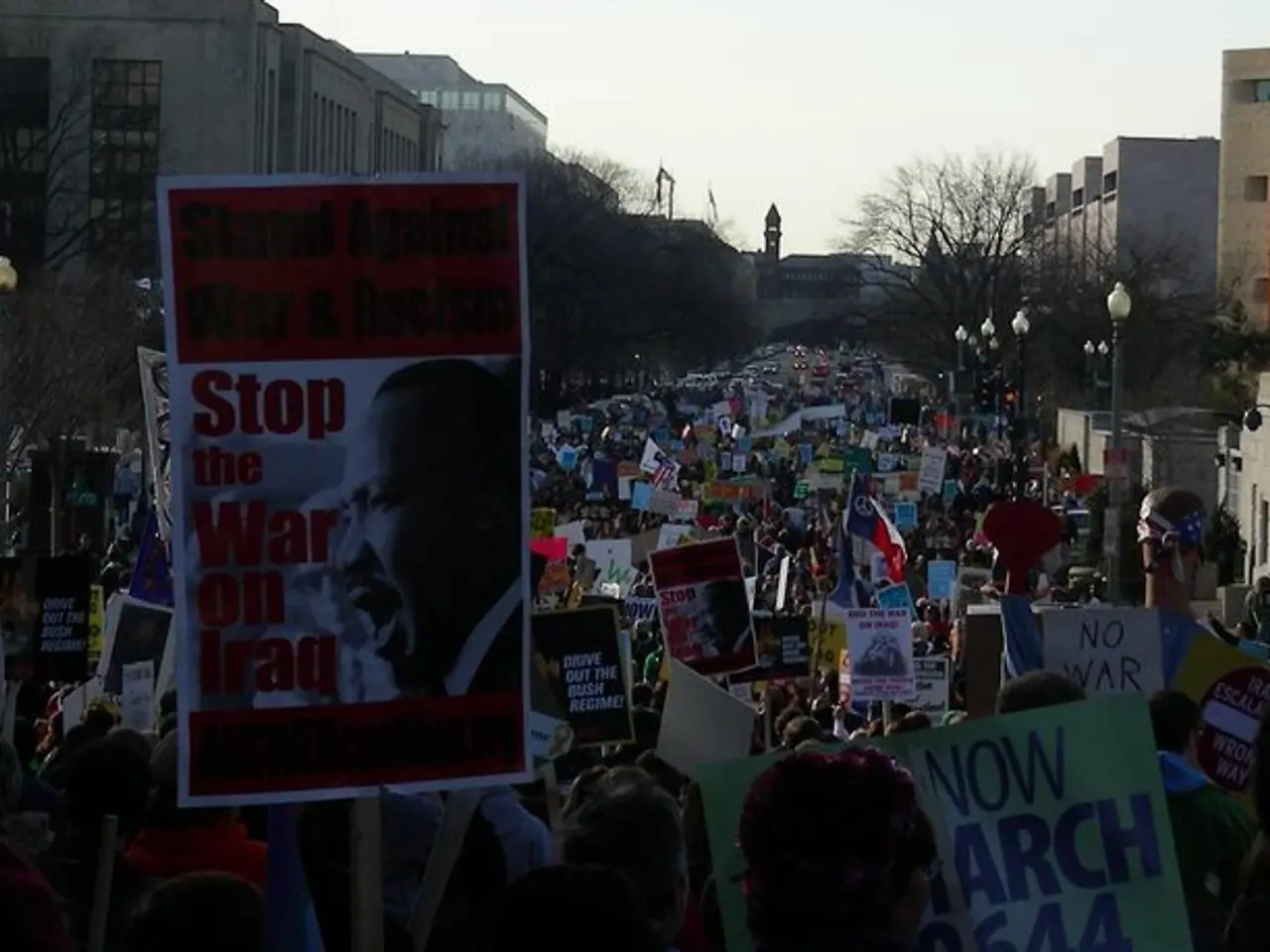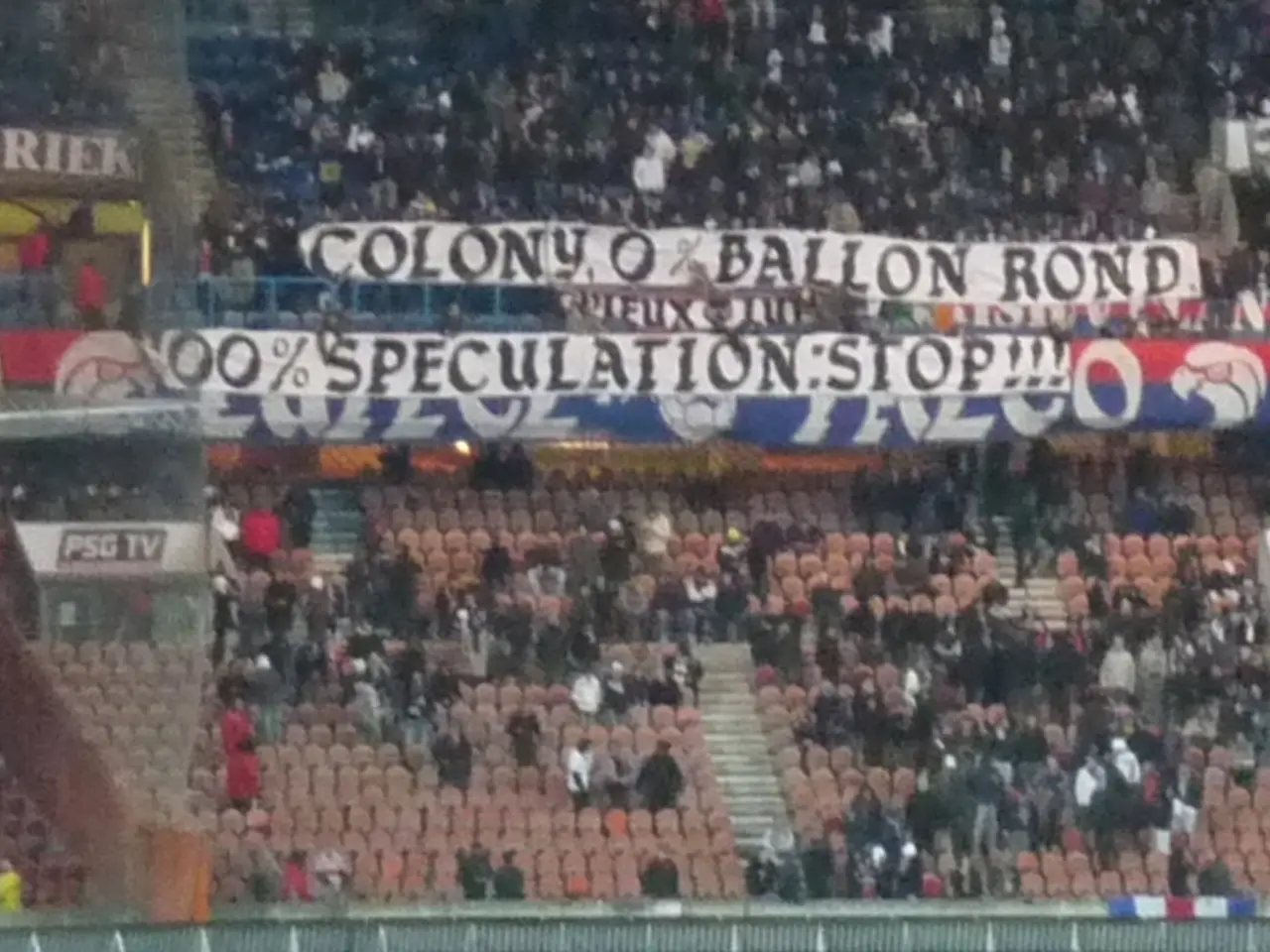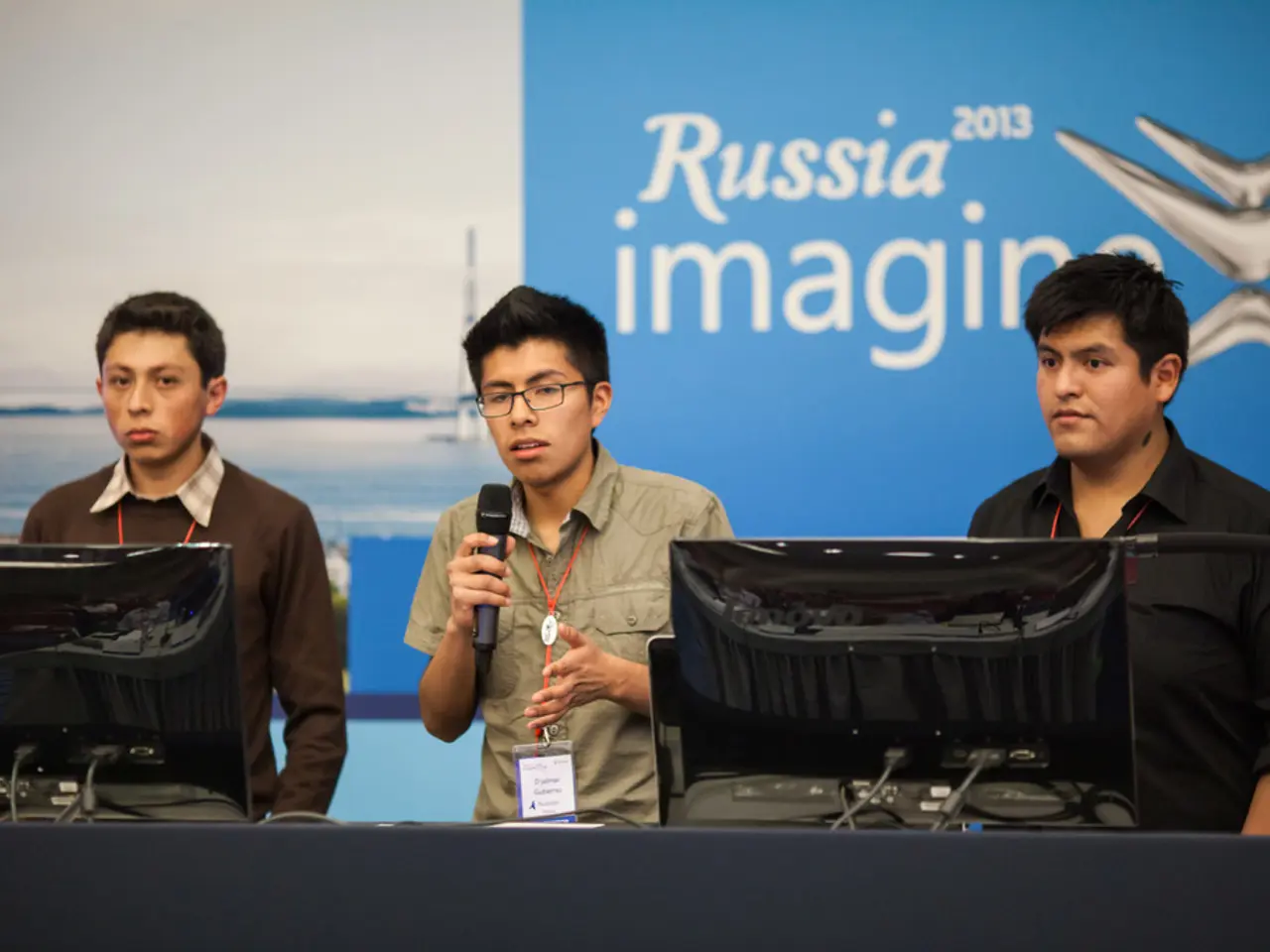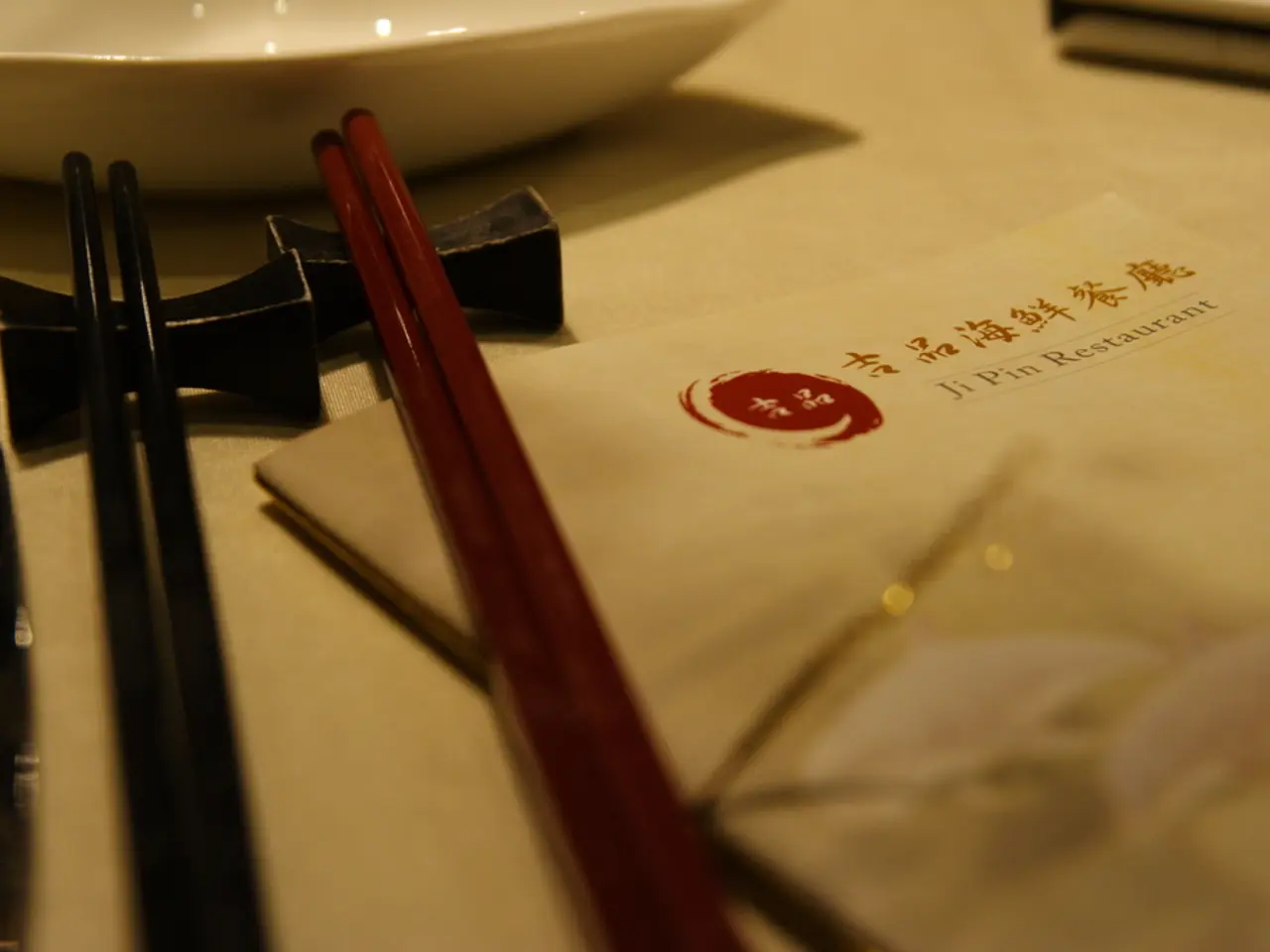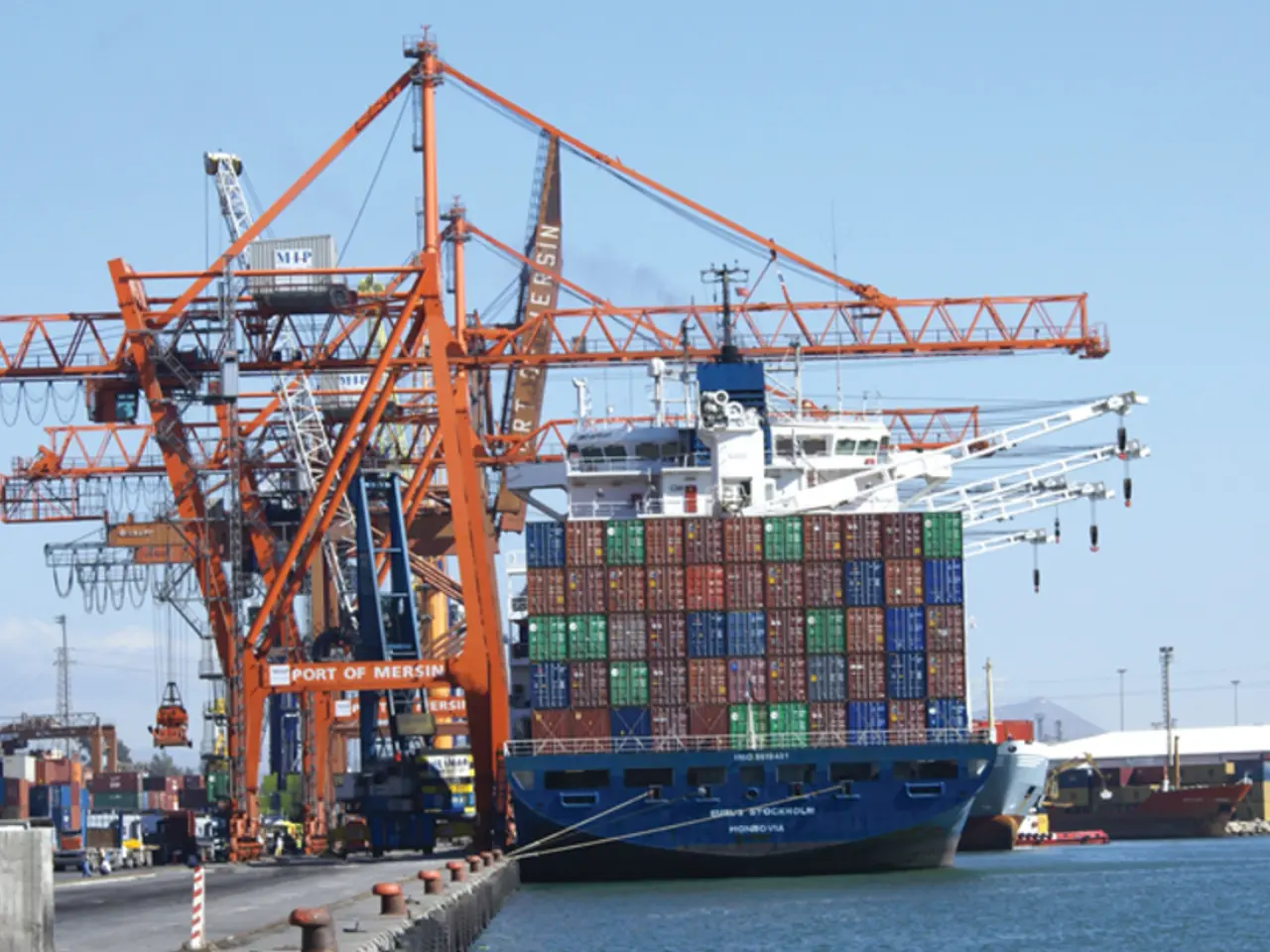United States diplomat called to Brazilian government following harsh words regarding Bolsonaro's detention
The U.S. and Brazil are embroiled in a diplomatic standoff, with the recent tension centering on the U.S. government's strong condemnation of Brazil's Supreme Court actions against former President Jair Bolsonaro.
Bolsonaro was placed under house arrest on August 4, 2025, as part of an investigation named "Operation Counter-coup." The investigation concerns an alleged conspiracy involving coup plans, assassination of officials, and inciting unrest reminiscent of the 2021 U.S. Capitol riot. Bolsonaro denies all charges, calling the process a political witch hunt.
The U.S. government, particularly under the influence of former President Donald Trump and his administration, views the trial and social media rulings by Supreme Court Justice Alexandre de Moraes as threats to democracy and U.S. national interests. The U.S. Department of State and the Embassy in Brazil publicly condemned Moraes and his allies, sanctioned him, and warned Brazilian judicial supporters against facilitating these judicial actions.
In response, Brazil’s Ministry of Foreign Affairs challenged the U.S. on what it considered interference in Brazil’s sovereign judicial process and stated that U.S. demands and sanctions violate international law. The U.S. escalated economic pressure by imposing a 50% tariff on certain Brazilian imports, justified in part by complaints over Brazil’s legal actions perceived as limiting free speech protections for U.S. social media companies operating in Brazil.
The diplomatic row also involves significant lobbying by Bolsonaro’s son, Eduardo Bolsonaro, who has pushed the U.S. administration to apply pressure on the Brazilian judiciary and Supreme Court Judge Moraes, including lawsuits against him by U.S.-based social media companies.
The Brazilian government considers the criticisms from the Trump administration as a "clear interference" in internal affairs and "unacceptable threats." The U.S. administration has issued a "warning" to associates of Supreme Court Justice Alexandre de Moraes, although no specific details about the nature of the warning have been disclosed.
The U.S. administration aligns with Bolsonaro's political stance regarding Supreme Court Justice Alexandre de Moraes. The situation remains volatile as Bolsonaro’s trial continues, with a verdict expected by the end of 2025.
The U.S. Embassy in Brasília has been vocal in its criticism, but the Brazilian government has expressed disapproval of repeated criticisms from the U.S. regarding judicial decisions on former President Jair Bolsonaro. The Brazilian Foreign Ministry's representative for Europe and North America, Flavio Celio Goldman, recently received U.S. Chargé d'affaires Gabriel Escobar for discussions on the matter.
Supreme Court Justice Alexandre de Moraes, who is in charge of Bolsonaro's case, has previously been sanctioned by Washington. The U.S. administration closely monitors the situation involving Supreme Court Justice Alexandre de Moraes, but no new information about any specific sanctions or actions taken against associates of the judge has been provided.
As the situation unfolds, both countries are navigating a delicate balance between upholding democratic principles and respecting each other's sovereignty. The future of their relationship remains uncertain as the trial progresses.
Sports and general news took a backseat as politics and crime-and-justice dominated headlines, with the U.S. and Brazil engaged in a diplomatic standoff over the house arrest of former President Jair Bolsonaro. The U.S. government's vocal criticism of Supreme Court Justice Alexandre de Moraes, who is handling Bolsonaro's trial, has been met with disapproval from the Brazilian government, leading to a series of sanctions and economic pressure from both sides.
